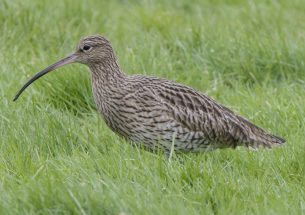News and Opinion
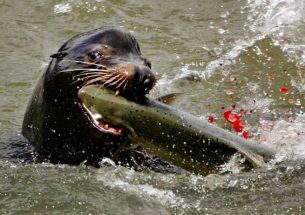
Early-arriving endangered Chinook salmon take the brunt of sea lion predation on the Columbia
READ MORE about Early-arriving endangered Chinook salmon take the brunt of sea lion predation on the Columbia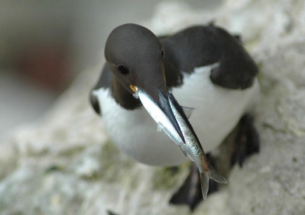
How top predators and fisheries can survive on the same prey
READ MORE about How top predators and fisheries can survive on the same prey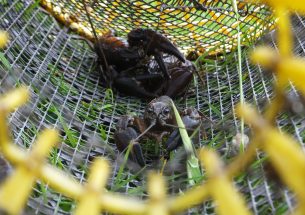
Crayfish ‘trapping’ fails to control invasive species
READ MORE about Crayfish ‘trapping’ fails to control invasive species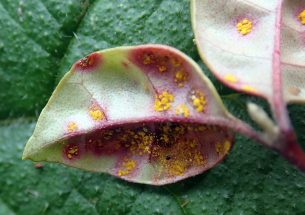
Researchers predict refuges from the disease myrtle rust
READ MORE about Researchers predict refuges from the disease myrtle rust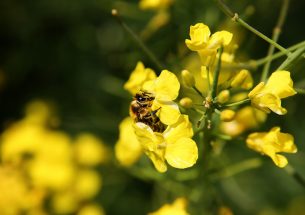
Pollinator monitoring more than pays for itself
READ MORE about Pollinator monitoring more than pays for itself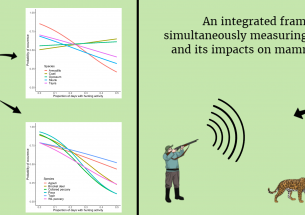
Caught on tape: UF wildlife researchers repurpose listening device to track poaching
READ MORE about Caught on tape: UF wildlife researchers repurpose listening device to track poaching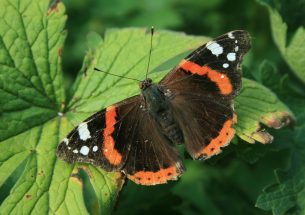
Provide shady spots to protect butterflies from climate change, say scientists
READ MORE about Provide shady spots to protect butterflies from climate change, say scientists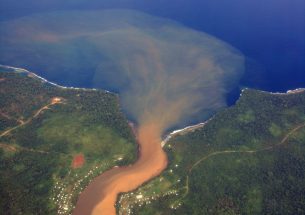
Logging tropical forests jeopardizes fisheries important for food and livelihood
READ MORE about Logging tropical forests jeopardizes fisheries important for food and livelihood
BES response to the UN’s Global Biodiversity Outlook report
READ MORE about BES response to the UN’s Global Biodiversity Outlook report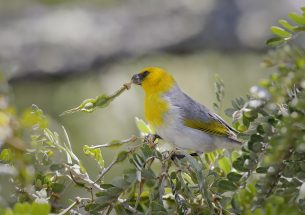
The forgotten fauna: introduced seed predators are no surrogate for extinct seed-eating animals on islands
READ MORE about The forgotten fauna: introduced seed predators are no surrogate for extinct seed-eating animals on islands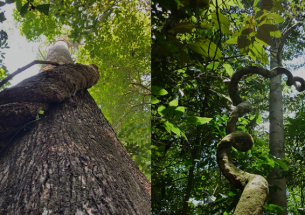
Lianas strongly impact forests in southern Amazonia
READ MORE about Lianas strongly impact forests in southern Amazonia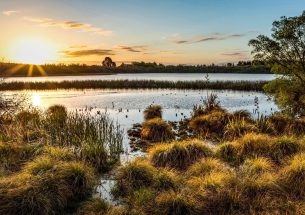
Indigenous leadership gets best results for wildlife translocations
READ MORE about Indigenous leadership gets best results for wildlife translocations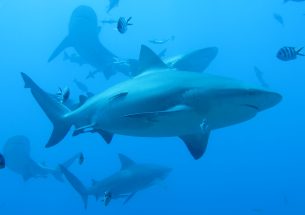
Shark “sea lanes” need protecting
READ MORE about Shark “sea lanes” need protecting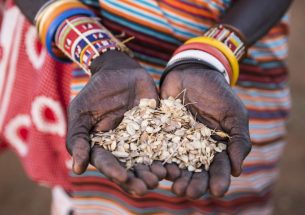
Indigenous people vital for understanding environmental change
READ MORE about Indigenous people vital for understanding environmental change